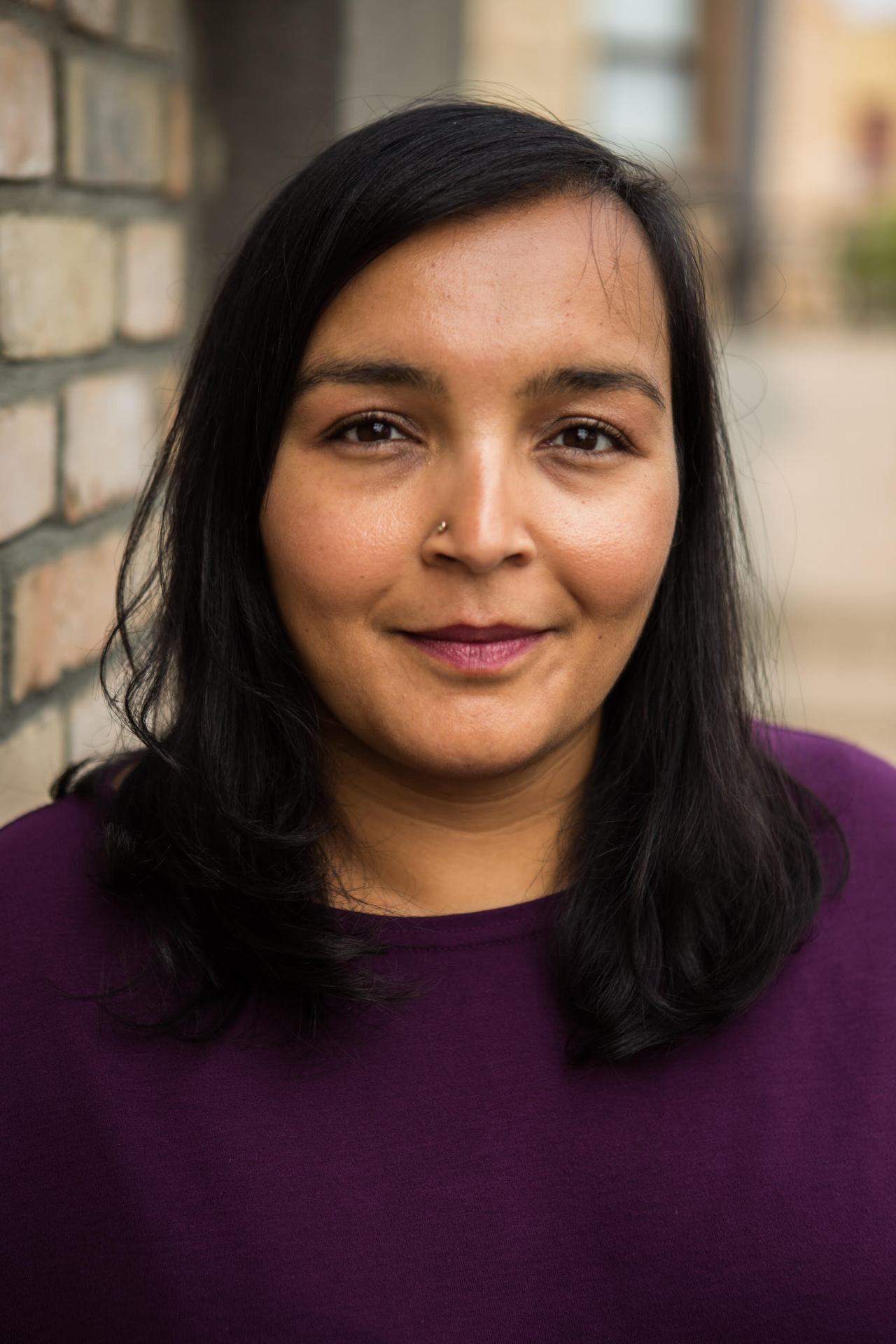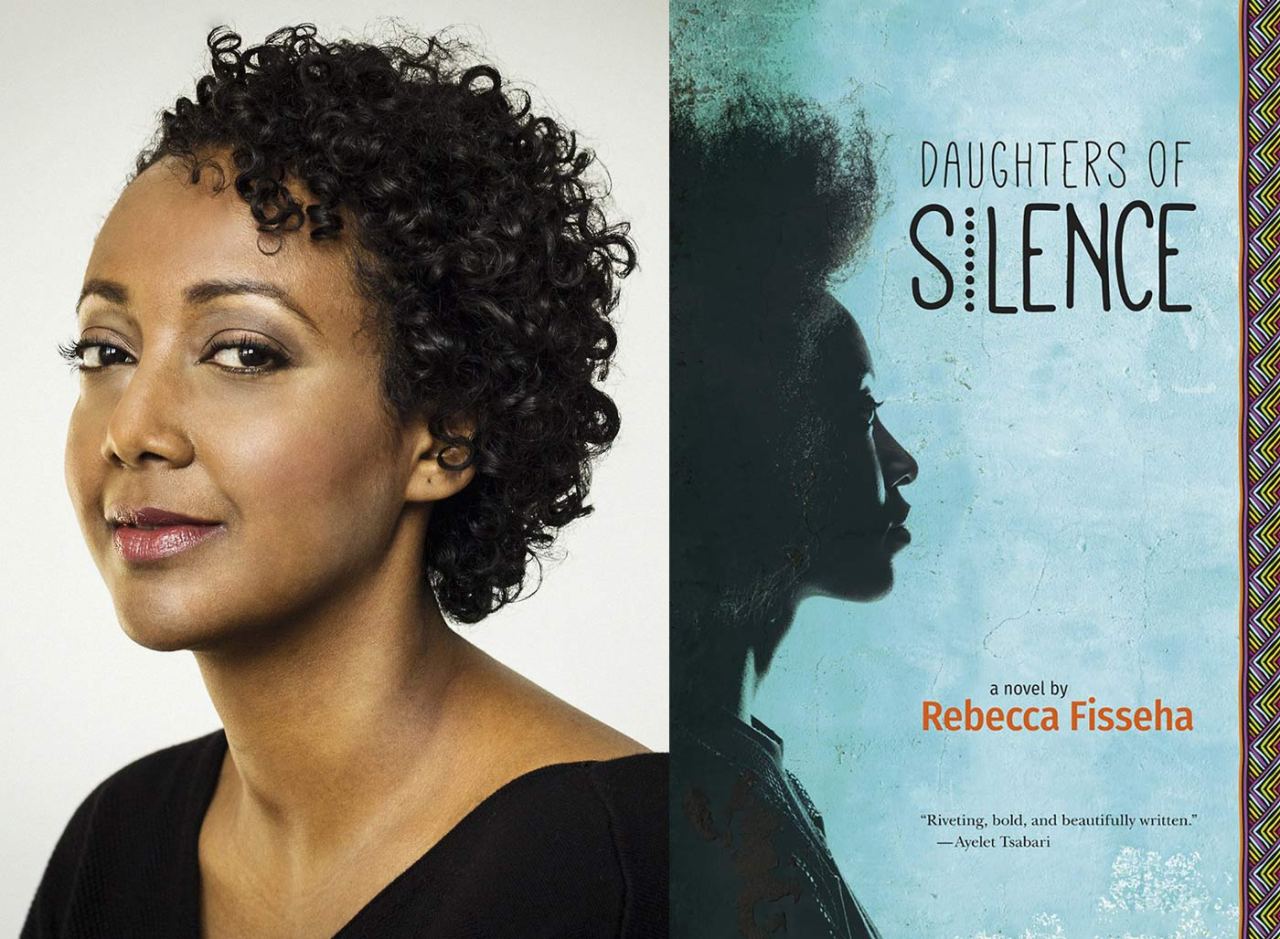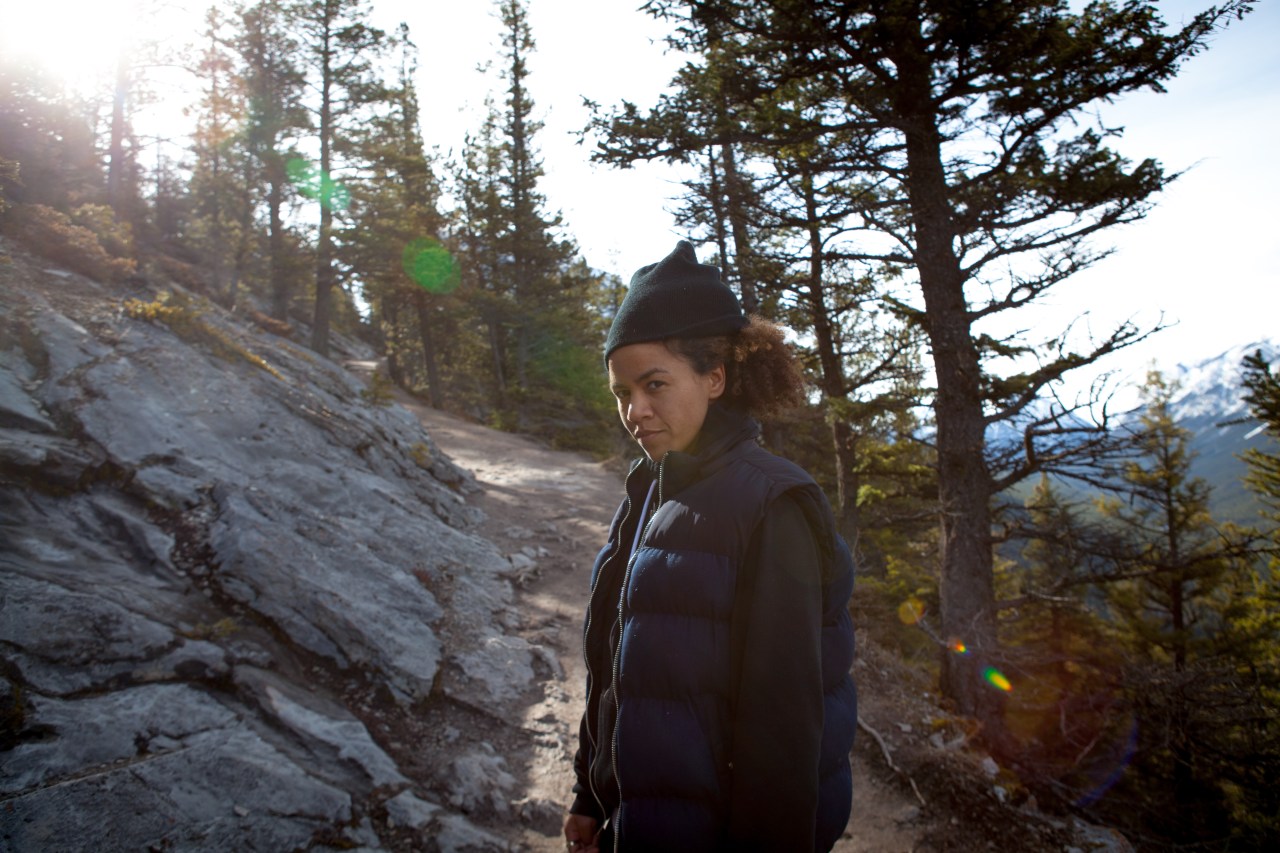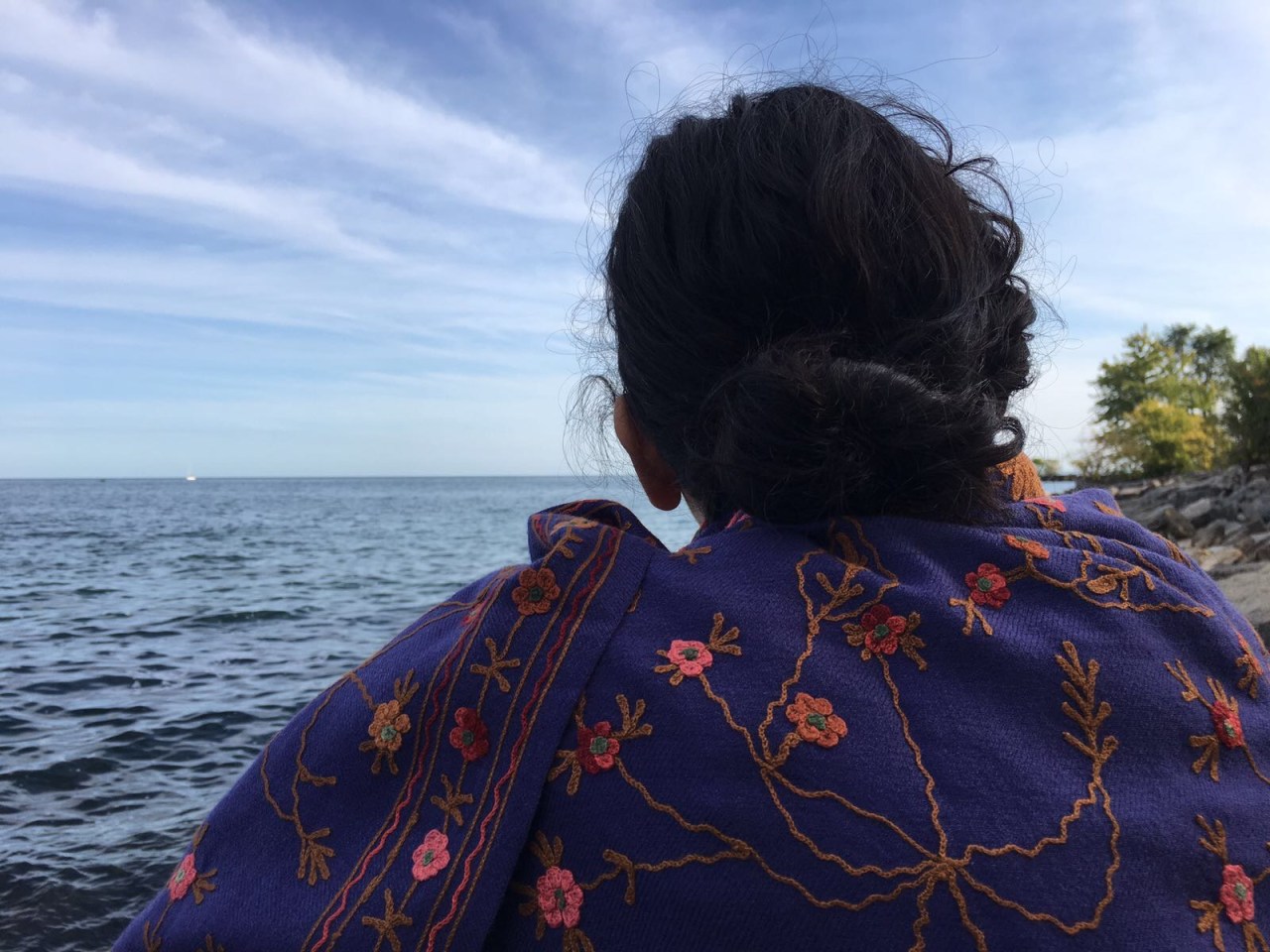ANCESTORS:
Questions and Remedies
ancestors tell us how to continue
inside a world of lovers long forgotten
inside a world of how to be
remembered on the page,
in books, in our memory and taste buds
ancestors haunt us through our bone marrow
ancestors whisper all that you know
when I am asleep, murmur answers
from the universe, like my lover
does in movie theatres, broadcast beyond
this world with stories that fuel our cells
ancestors defend our love poems, back to us
ancestors we have queries about your whereabouts
a flash on a street corner, blinds us
a lime green coat, crosses the street, a double take
a grey-haired woman turns slightly to reveal a profile
we linger at the street corner, tear-filled
stop in the middle of the road, chin wobble
we reach out, arms at the ready
a bubble up quick an ugly cry
ancestors show us our own heart
-Sharanpal Ruprai
DESCENDANTS:
Remember, that you dear poet, come from a long line of artists. Read, absorb, read, research the poets that have come before you. You are not alone. Honour our artist ancestors by sharing their work with others; share a piece of poetry by someone who has influenced your own work. Grow our ancestor’s readership and it will ground your own practice.
Sharron Proulx-Turner, a well-known two-spirit Metis poet and she was a dear friend; passed away a few years ago. Our conversations over the years led to sparks of love, ideas and fuelled my second collection of poetry, Pressure Cooker Love Bomb. Sharron reminded me that food and recipes were a vital aspect of love and life. When Sharron was in hospice, I promised her that I would spread the word about her work and make her famous! She, of course, laughed and said, “you, do that!” and we never had a chance to talk about writing again.
Descendants, when I am asked to read at literary events, I share a poem (or two) from The Trees are still Bending South, by Sharron Proulx-Turner and explain our connection and how she includes her family recipes as poems; this is how we will build a network of generations of ancestors that will support and light the way. I ask you, to do the same.
From The Trees are still Bending South by Sharron Proulx-Turner
two-spirit love poem, three
in some cultures
when a woman dreams
she’s sun’s lover
she becomes a sundancer
I’ve had no such
dreams of sun
but dreams of you
as we walk
the blue mountains
winter’s sun
warming the sides
of our faces
the backs of our necks
you and me opening
pathways
in the snow
our future
as new to us now
as alive and certain
as the distant
morning star
welcoming sun
as she rises
her face opened
in our eyes
Sharanpal Ruprai is an Assistant Professor in the Department of Women’s and Gender Studies at the University of Winnipeg. Sharanpal Ruprai’s début poetry collection, Seva, was a finalist for the Stephan G. Stephansson Award for Poetry by the Alberta Literary Awards. Her second collection, Pressure Cooker Love Bomb, is a finalist for the 2020 Lambda Literary Awards for Lesbian Poetry.Her poetry is featured in a number of anthologies: GUSH: Menstrual Manifestos for Our Time, The Calgary Renaissance, Red Silk: An Anthology of South Asian Canadian Women Poets, and Exposed. Sharanpal Ruprai is also a poetry editor for Contemporary Verse 2: The Canadian Journal of Poetry and Critical Writing (CV2).
Sharanpal Ruprai is the 2019-2020 Canadian Writer-in-Residence at the University of Calgary working on a collection of short stories called, Blue Kara.
Sharanpal is currently…
working on a collection of short stories called, Blue Kara and I am writing a play! I am so excited that my second poetry book, Pressure Cooker Love Bomb, is a finalist for the 2020 Lambda Literary Awards! So, I am reading all the other Lambda Literary Award finalists listed here: https://www.lambdaliterary.org/awards/current-finalists/. And being inspired by all the new fresh story lines, language, and visuals that these narratives bring to the mind!Attachments area










